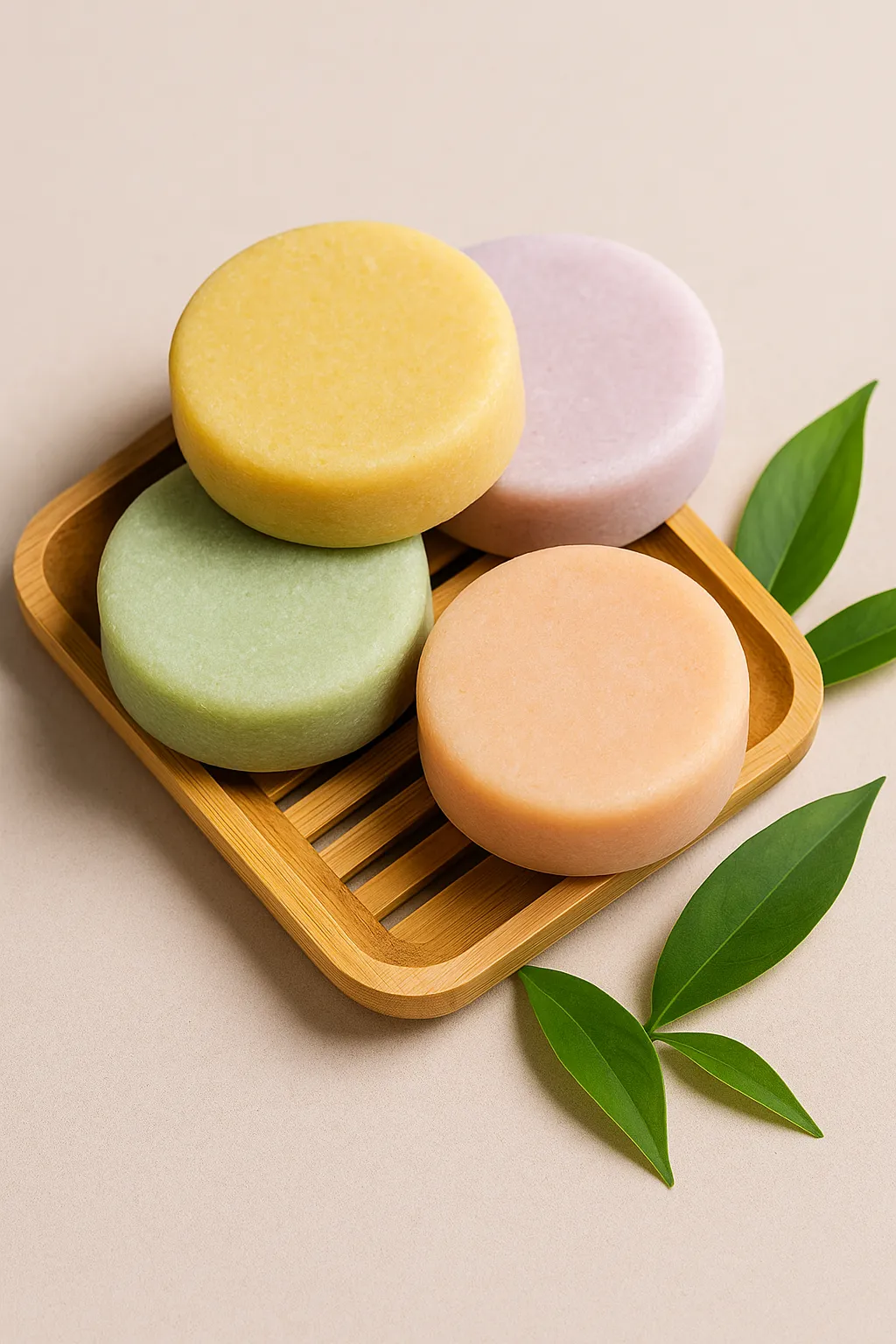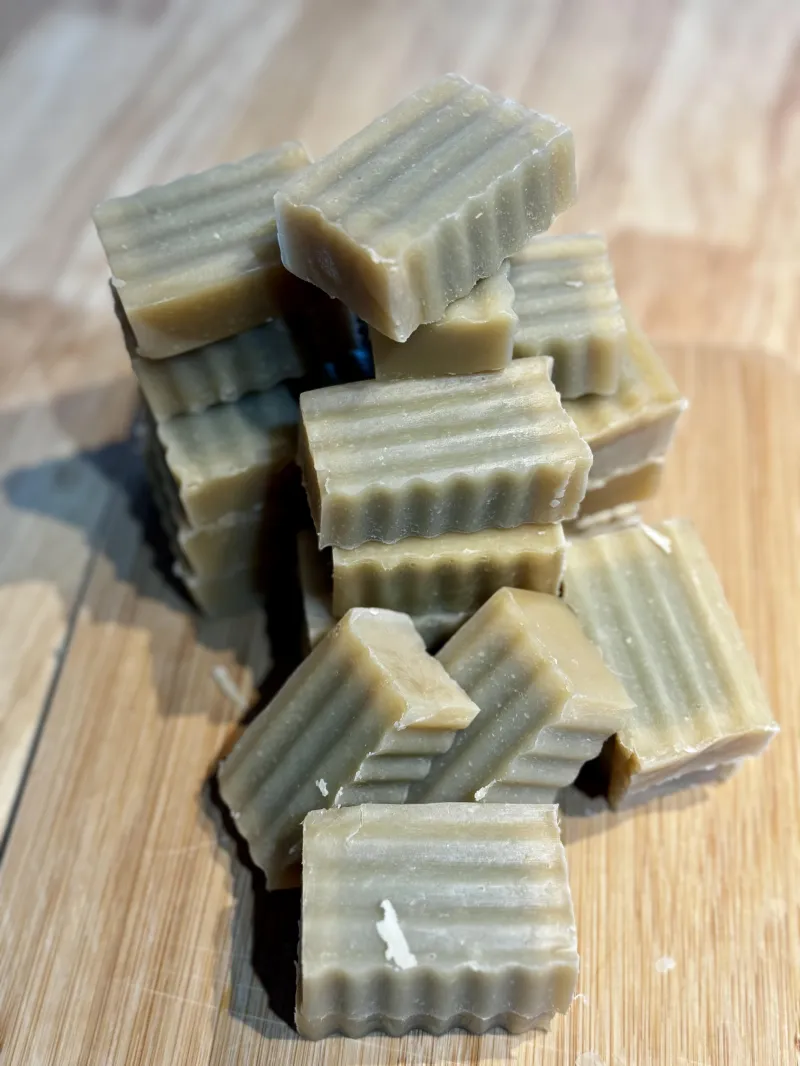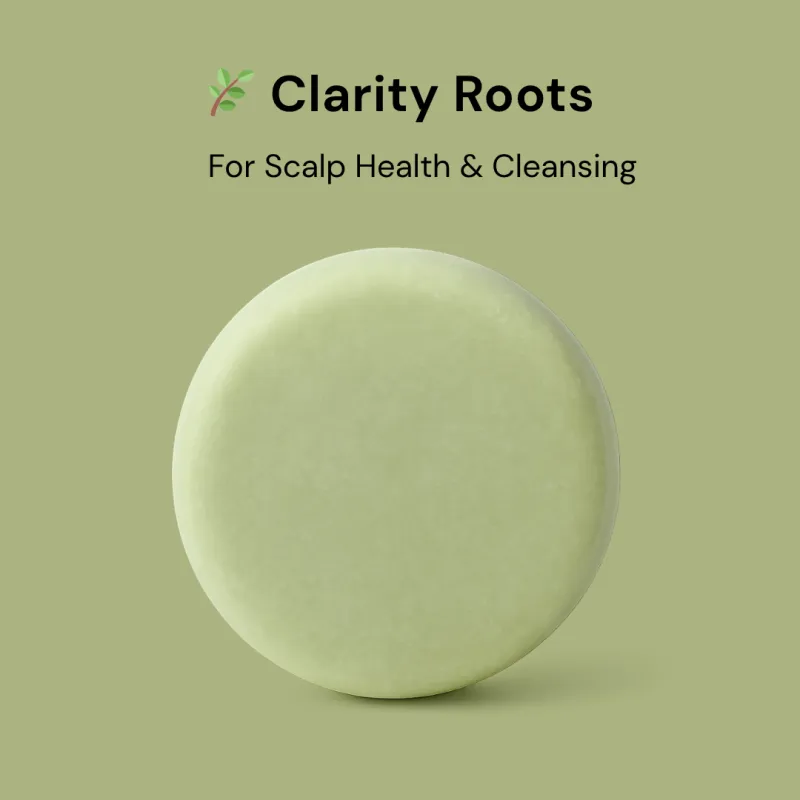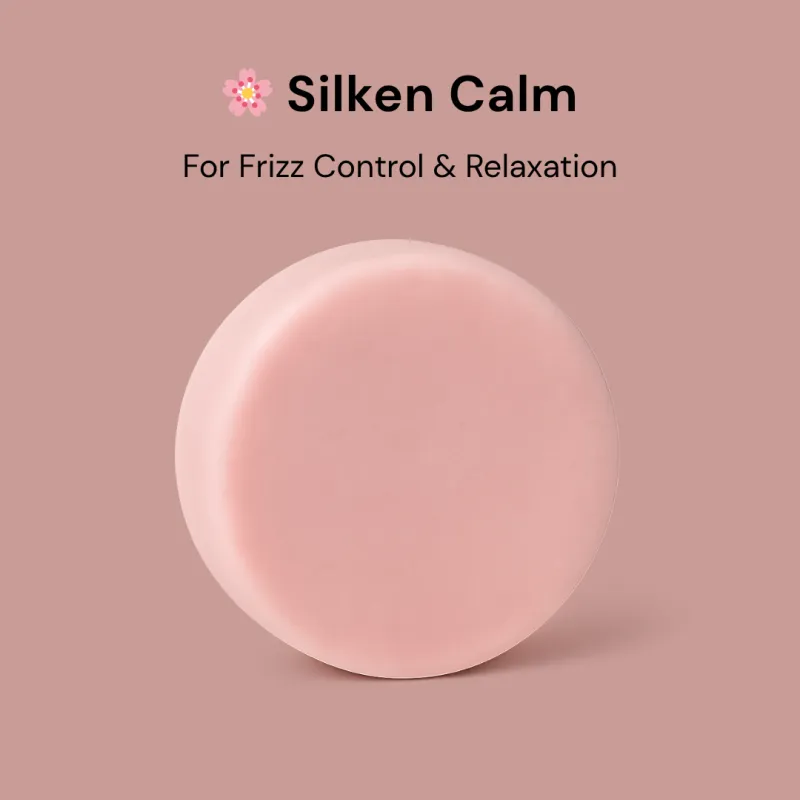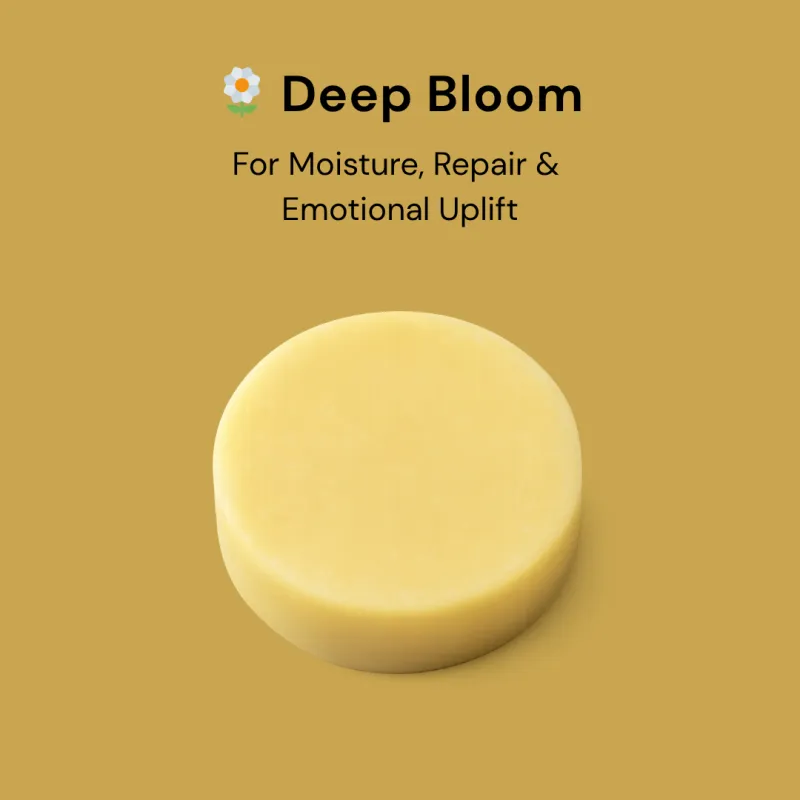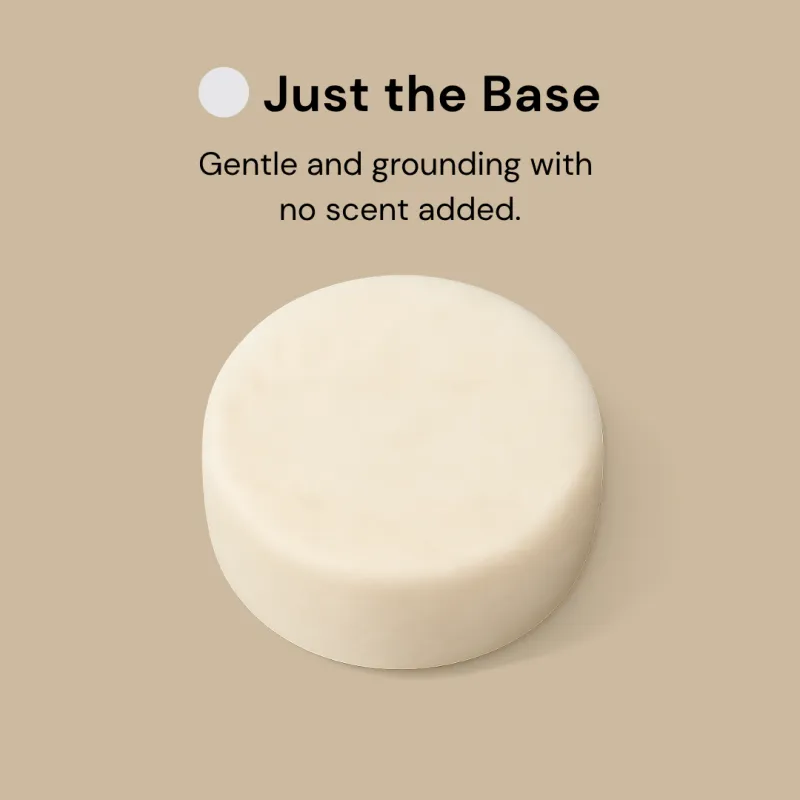Free shipping over $45
The ingredient List
The Base Recipe.
All the ingredients, why they are in the recipe and what they do.
Old fashioned soap is made through a chemical reaction called saponification, also called cold process soap making. This is the method I use. It takes 2 days in the mold + 4-6 weeks to cure!
For extra hair moisturizing power, I've made this recipe 'superfatted', which basically just means I’ve left in a little extra nourishing oil that doesn’t turn into soap, perfect for softer, healthier hair.
🧼 What is shampoo/soap?
It’s the result of a natural chemical reaction called saponification.
Oil/Fat + Lye (NaOH) → Soap + Glycerin
Or more precisely:
Triglyceride (from oils/fats) + 3 NaOH → Glycerol + 3 Soap molecules (sodium salts)
The lye breaks apart the triglycerides in oils, and the fatty acids bind with sodium to form soap. Glycerin is a natural byproduct that keeps moisture in the hair and skin, commercial soap often removes it, but handmade bars retain it for hydration and softness.
🧈 What is superfat?
Superfatting means there’s extra nourishing oil left in the bar that doesn’t turn into soap. When I make these shampoo bars, I intentionally leave about 7% of the oils unsaponified, meaning they stay in their natural, moisturizing form. This “superfat” helps condition your hair and scalp, adds softness, and prevents the bar from being too drying. It’s a small but powerful detail that makes handmade bars gentler and better for daily use, especially if you're switching from detergent-based shampoos.
🫒 Olive Oil (Pomace Grade)
A nourishing base oil used in saponification. Pomace grade creates a harder bar with better lather compared to virgin olive oil. It provides deep moisture and is gentle on sensitive scalps, perfect as the foundation of the formula.
🥑 Avocado Oil (Cold-Pressed & Unrefined)
A nutrient-rich oil that supports healthy, hydrated hair.
Unrefined, cold-pressed avocado oil retains natural vitamins A, D, and E. It delivers softness and nourishment, especially for dry or brittle hair.
🥥 Coconut Oil (76° – Organic)
Adds cleansing power, bubbly lather, and firmness.
This organic version melts at 76°F and brings natural antimicrobial properties. It contributes to a long-lasting, high-lather bar, with only a light coconut scent.
🌰 Shea Butter (Unrefined – Organic)
A creamy, scalp-soothing butter that locks in moisture.
Unrefined shea butter is rich in nutrients, helping to soften hair, reduce frizz, and calm irritated scalps, all while creating a smooth, creamy lather.
🌿 Castor Oil (Cold-Pressed, Hexane-Free)
Lends richness to the lather and conditions the scalp.
This high-quality castor oil is cold-pressed without chemical solvents. It enhances foam and leaves your hair feeling soft and hydrated.
🍃 Neem Oil (Cold-Pressed)
A powerful ingredient for scalp health.
Neem oil is naturally antibacterial and antifungal, ideal for reducing dandruff and itchiness. Cold-pressed to retain its full potency, strong scent, but totally worth it.
🍫 Cocoa Butter (Natural)
Balances bar hardness with a silky hair feel.
Cocoa butter helps harden the bar naturally while adding a touch of luxury. It also conditions hair and gives each wash a soft, velvety finish.
⚗️ Sodium Hydroxide (Lye)
The essential alkali for soap making. Lye is what turns oils into soap, no lye, no saponification. I use high-purity lye formulated for cold-process soap to ensure safety and consistency.
💧 Distilled Water
The solvent that activates the lye.
Distilled water ensures purity and prevents mineral reactions (like soap scum) that can occur with tap water.
🧂 Sodium Lactate
A natural salt used to harden the bar.
Derived from fermented sugar, sodium lactate makes the bar longer-lasting and easier to unmold, without the need for synthetic hardeners.
✨ Panthenol (Provitamin B5)
A plant-derived conditioner for shine, strength, and moisture.
Panthenol helps retain moisture, smooths the hair cuticle, and adds resilience to strands. It’s a proven, gentle ingredient that supports hair health over time.
Pre-Order Now: Next Batch Available (they're curing)
Shipping details will be confirmed via email upon completion
© Copyright 2025.
Erin Shellington Consulting Inc.
